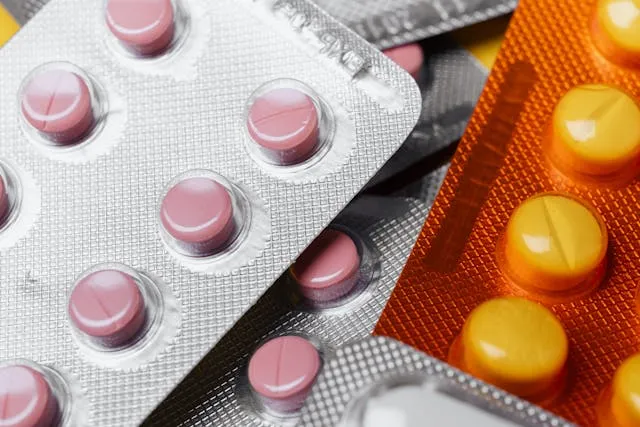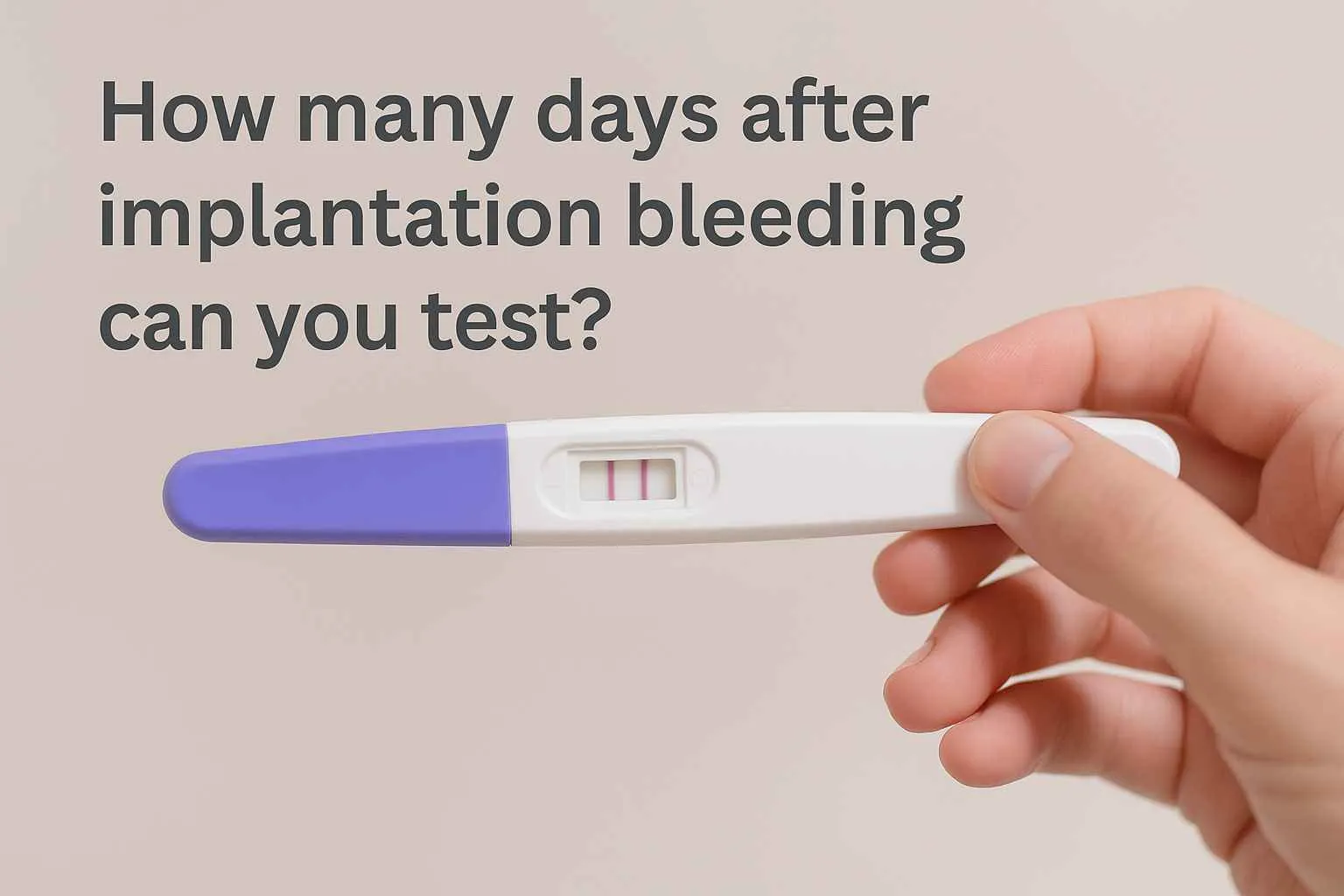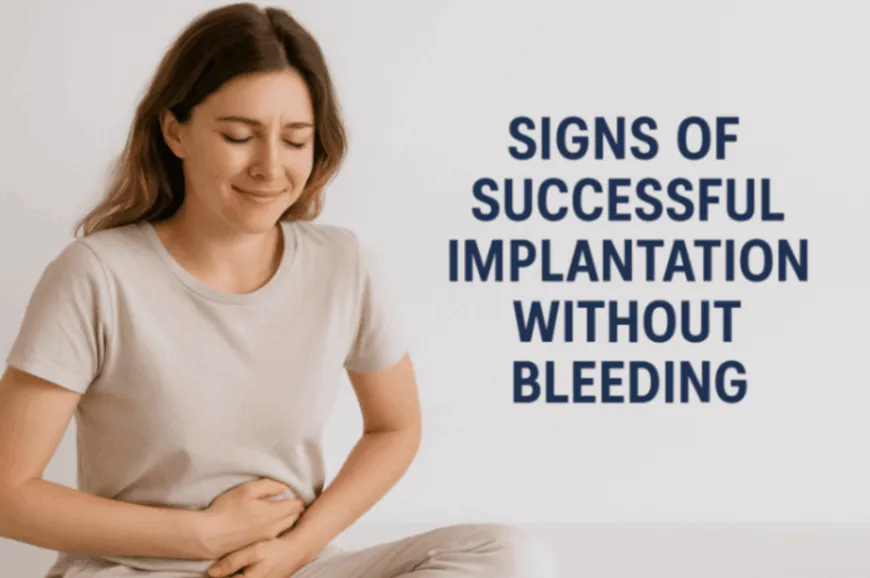Abortion is a very personal experience, and with it often comes conflicting feelings plus physical adjustments. You might feel a whole mix of things, both physically and emotionally. That’s totally normal. Whether you’re handling this solo or surrounded by supportive people, your recovery is yours, and it matters. So, what’s the deal with aftercare? It’s not just about “getting over it” and moving on. In order to heal physically and mentally, it's paramount that you learn how to take care of yourself after taking the abortion pill.
Let’s break it down: no sugarcoating, just some straightforward tips.
1. Monitor Bleeding and Understand What’s Normal
After taking the abortion pill, bleeding is usually accompanied by period-type cramping as the body evacuates the pregnancy tissue. The bleeding is heavier than in normal menstruation and may last for a few days or even weeks. Thus, attention should be paid to the amount and duration of bleeding. This helps you gauge the extent of recovery or be able to spot some complications early on, if any arise. The spotting or brown discharge can continue once the initial heavy bleeding settles in; generally, it is of no real concern. What, then, would require attention is the heavy bleeding characterized by going through two or more pads in an hour for several consecutive hours or bleeding that lasts beyond four weeks. Spotting these events and patterns keeps you safer and helps ease worries about healing. On the whole, when you know the dos and don'ts after the abortion pill, you're in a better position to handle your recovery with confidence.
2. Manage Pain and Cramping Effectively
Cramping, which ranges from a little bit of discomfort to significant pain similar to menstrual Cramps or contractions, is a normal part of the process of a medical abortion. That said, pain control during recovery is central to comfort. Over-the-counter pain relievers, most notably ibuprofen, are usually recommended for cramping and inflammation. Aspirin is to be avoided as it may cause increased bleeding. Application of heating pads? Yes, please. They’re basically a warm hug for your lower belly. Pain that is severe, non-responsive to medication, or comes with other symptoms such as fever or foul-smelling discharge must be medically evaluated. In addition to providing relief, pain treatment may also indicate when there is a need for prompt intervention in the event of complications.
3. Prioritize Rest and Hydration
Your body’s doing overtime. Rest isn’t optional, it’s medicine. Take a few days off if you can. No guilt, no explanations needed. The importance of hydration cannot be overemphasized. It helps in the recovery process to replace fluids lost during bleeding. Drinking lots of water and herbal tea and opting for light meals with proper nutrition will help the body heal. This resting period could also dampen emotional stress, which may be heightened at this juncture. Good sleep and rest help with the emotional rollercoaster, too.
4. Maintain Good Hygiene to Prevent Infection
You don’t need fancy products. Just gentle, unscented soap and water. Ditch the douches and scented stuff, those do more harm than good. Don’t put anything up there (yep, tampons included) until the bleeding stops, or at least for
a couple of weeks. Pads are your friend for now. Loose clothes help too, no need to add chafing to the list. Notice anything funky: bad smells, major pain, fever, chills? Don’t play detective; just get checked out.
5. Understand Emotional Aftercare and Seek Support
Emotions after an abortion pill? All over the place. Relief, sadness, guilt, confusion—sometimes all in one day. It’s normal, even if it feels weird. Talk it out if you can, friends, family, a counselor, or a group online. Sometimes, just saying it out loud helps more than you’d think. Mental health isn’t an afterthought. You deserve to feel okay, so give yourself the time and
space to heal in your own way. Bottom line? You’re not alone, and you’re not supposed to have it all figured out. Be kind to yourself, trust your instincts, and don’t be afraid to ask for help if something feels off. You got this.
6. Know When to Seek Medical Help
While most folks bounce back from this just fine, there are some red flags you really
shouldn’t ignore. If you’re bleeding so much, you’re soaking through pads every hour, doubled over with pain
that just won’t quit, running a fever over 100.4°F (38°C), or smelling something funky down there—yeah, don’t wait it out. Get help. The same goes if you’re feeling lightheaded, keep puking for ages, or something just feels off—like you think the meds didn’t do their job and you’re still pregnant. Don’t mess around. Getting checked out ASAP can save you from way bigger problems. If you’re ever just unsure or something feels weird, don’t tough it out alone. Call your doctor, clinic, whatever. Your health is nothing to gamble on.
7. Avoid Sexual Intercourse Until Fully Recovered
Your body’s already been through a lot, so give it a breather. It’s smart to skip sex until the bleeding’s totally stopped and you’re not in pain anymore. Jumping back in too soon just ups your chances of infection, and nobody wants that.
Pro tip: Stick with pads, not tampons, while you’re still bleeding. Tampons can drag bacteria where you don’t want them. Oh, and maybe skip pools and hot tubs for now, too. Again, infection risk. It’s just not worth it. When you do feel ready to get back in the saddle, talk to your provider about birth control options. Better safe than surprised.
8. Follow Up With a Healthcare Provider for Confirmation and Guidance
It’s tempting to just move on with your life, but seriously—book that follow-up check. Usually, it’s a week or two after, and it’s not just a formality. They’ll probably do an ultrasound or some quick tests to make sure everything’s cleared out, and you’re healing up as you should. It’s also your chance to ask any “Is this normal?” questions and talk about what’s next,
whether that’s more aftercare, birth control or just peace of mind. That follow-up is all about making sure you’re good, so don’t skip it. You deserve that extra bit of care.
Conclusion
Recovering after the abortion pill isn’t just about the physical stuff, your emotions matter, too. Take it easy, listen to your body, and don’t blow off weird symptoms just because you’re “not sure if it’s serious.” If in doubt, reach out. Overall, take care of yourself, ask for help if you need it, and don’t rush the process. You got this and you’re not alone.
Reviewed by







